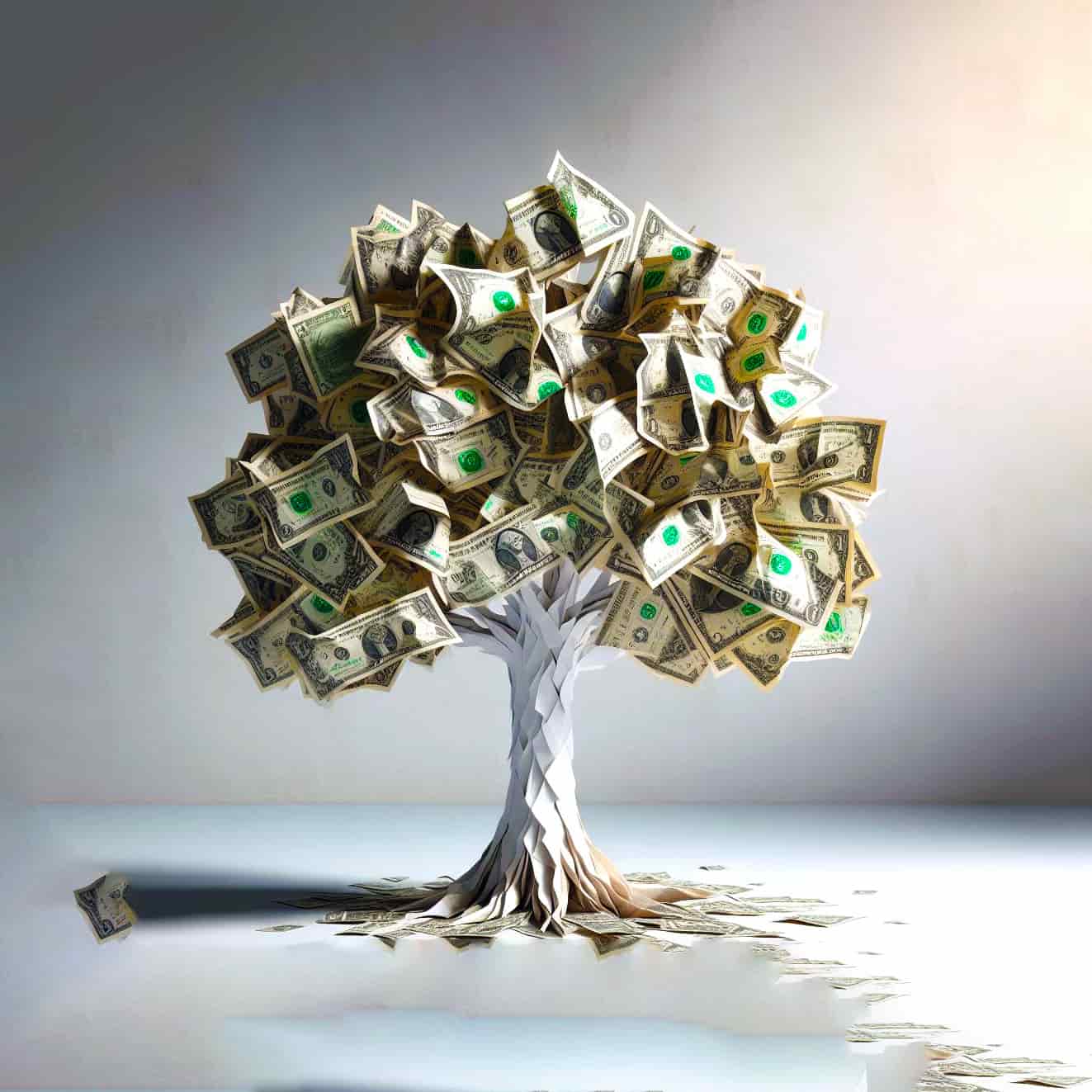Two amateur divers discovered a significant amount of antique coins off the tiny island of Portitxol in Javea, proving that finding treasure is still possible.
Off the east coast of Spain, two amateur free divers discovered one of Europe’s largest collections of Roman coins.
According to a press release from the University of Alicante, Luis Lens and César Gimeno were diving off the island of Portitxol in Javea when they discovered eight coins, followed by further dives by archaeologists that yielded another 45 coins.
The perfectly preserved coins were then analysed by scientists from the university’s Institute of Archaeology and Historical Heritage, who dated them between the end of the 4th century and the beginning of the 5th century.
The coins were in such good condition that the inscriptions were legible, allowing the team to identify coins from a variety of Roman emperors’ reigns.
Three are from Valentinian I, seven are from Valentinian II, fifteen are from Theodosius I, seventeen are from Arcadius, ten are from Honorius, and one is unidentified.
Divers discovered three nails, most likely made of copper, as well as lead remains that could be from a severely deteriorated sea chest alongside the coins.
According to Jaime Molina Vidal, professor of ancient history at the University of Alicante and leader of the underwater archaeologists, this is one of the largest collections of Roman gold coins discovered in Europe.
The coins were most likely hidden by a wealthy local landowner who wanted to keep some of their money safe from the barbarians who were invading and looting the Western Roman Empire at the time, he added. “We are in the presence of a fantastic archaeological document from the time of the Alans’ arrival,” Molina Vidal said.
The Alans, Suevi, and Vandals invaded the area in the final stages of the Western Empire’s fall, and the Romans’ political power in the Iberian peninsula ended in 409 AD, as per the press release.
According to Molina Vidal, whoever hid the coins most likely died before they could be collected, leaving them undiscovered for approximately 1,500 years. Despite their age, they are in remarkably good condition.
“It’s as if they were made yesterday,” said Molina Vidal, who added that only one coin is unidentifiable due to a scratched inscription.
The coins will be restored and displayed at Javea’s Soler Blasco Archaeological and Ethnographic Museum. The Valencia local government has allocated 17,800 euros to the team for additional archaeological exploration in the area.
Anchors, amphorae, ceramic remains, and other artefacts have been discovered in Portitxol Bay, a well-known archaeological site. Molina Vidal and his team plan to excavate the site again in the coming weeks to see if there are any sunken ships nearby.
© Hidden Treasure Discovered Off Portitxol In Javea – valencian.es
Get some more News from Comunidad Valenciana like Portitxol
